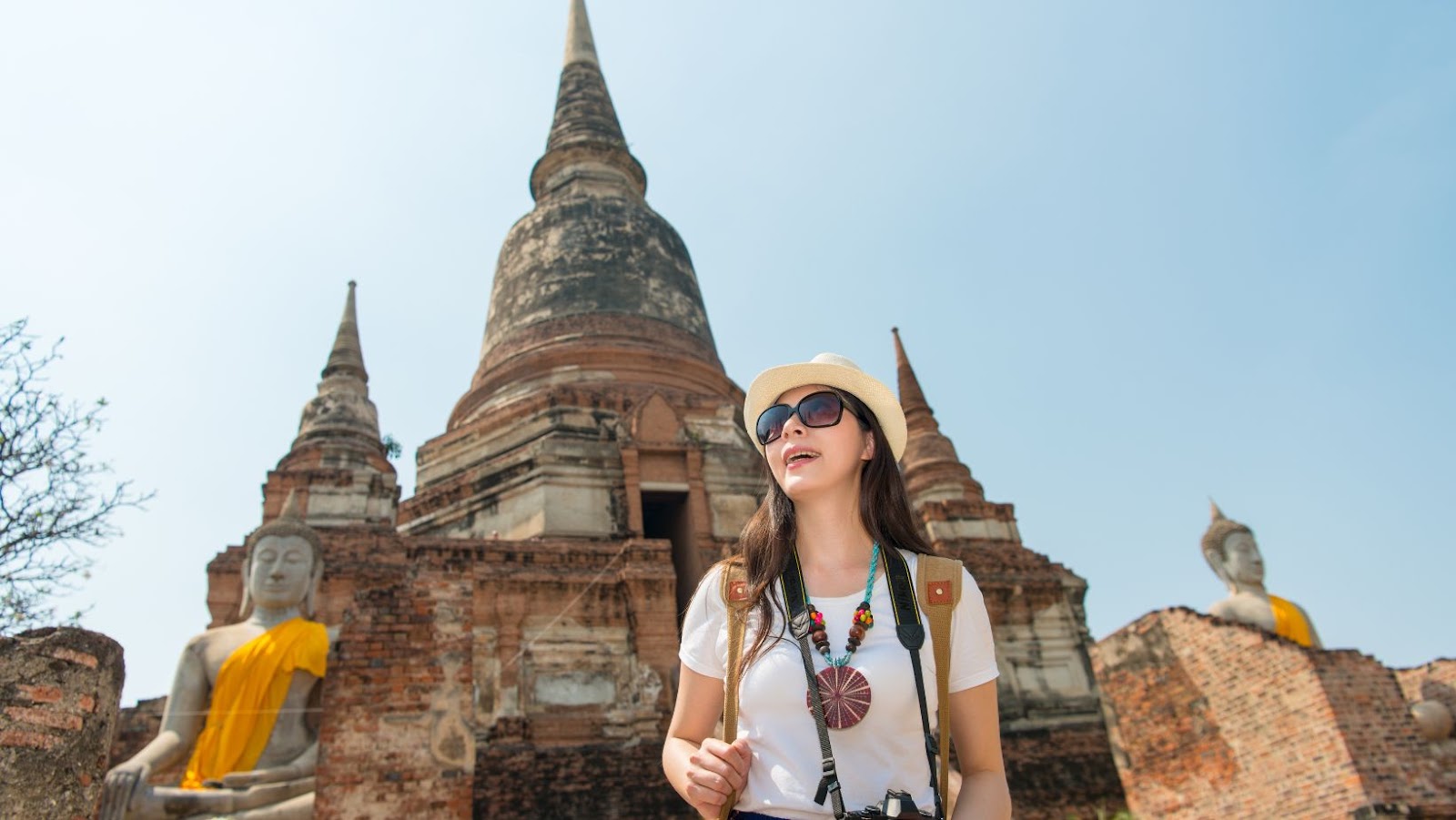Every traveler dreams of the perfect adventure, but preparation makes all the difference. Knowing what to pack can turn any trip into a seamless experience, whether it’s a weekend getaway or a month-long expedition.
Essential items streamline the journey, from versatile clothing to must-have gadgets. Travelers who pack smartly not only save space but also ensure they’re ready for any situation.
What Every Traveler Needs? Every traveler needs essential documents to ensure a smooth journey and avoid potential issues. Knowing these requirements helps make travel experiences more enjoyable and stress-free.
Passports are essential for international travel. It must be valid for at least six months beyond the travel dates. Visas are also crucial, depending on the destination country. Some countries offer e-visas, simplifying the process. Checking visa requirements for each destination ahead of time avoids last-minute complications.
Travel insurance offers protection against trip cancellations, medical emergencies, and lost luggage. It’s vital, especially for international travel, covering unforeseen events. Policies can vary, so travelers should choose one that matches their needs. Comprehensive plans offer broader coverage, ensuring peace of mind during trips.
Having copies of important documents is prudent. This includes passports, visas, insurance policies, and itineraries. Digital copies stored securely online are accessible from anywhere, while physical copies provide backup. Multiple copies reduce the impact of lost or stolen originals, ensuring that the trip continues smoothly.
 Packing Essentials
Packing Essentials
What Every Traveler Needs? Travelers can enhance their experience by ensuring they bring crucial items. Proper planning streamlines packing, saving space and time during the trip. Versatile clothing suits various climates and activities. Lightweight fabrics dry quickly and are easy to layer. Consider packing:
- T-Shirts and tank tops
- Long-sleeve shirts and sweaters
- Comfortable pants and shorts for different weather
- Multi-use shoes like sneakers and sandals
- Weather-appropriate jacket or coat
Footwear choices should prioritize comfort and adaptability. For example, sneakers for walking and sandals for beach destinations.
Toiletries and personal care products maintain hygiene and comfort. Opt for travel-size versions to save space. Essential items include:
- Toothbrush and toothpaste
- Travel-sized shampoo and conditioner
- Deodorant and face wash
- Essential medications and a basic first-aid kit
- Razor and shaving cream for grooming
Packing these items in a waterproof bag prevents leaks and keeps items organized. Electronics and gadgets enhance convenience and entertainment. Essential electronics to consider are:
- Smartphone and charger
- Portable power bank for extended battery life
- Universal travel adapter for international plug types
- Lightweight laptop or tablet for work or entertainment
- Noise-canceling headphones for peaceful travel
Bringing these gadgets ensures connectivity and captures memories during travel.
 Health and Safety Items
Health and Safety Items
What Every Traveler Needs? Travelers should prioritize health and safety items to ensure a smooth and secure journey. Essential supplies like a well-stocked first aid kit, necessary prescription medications, and personal safety devices can make all the difference.
A first aid kit is crucial for handling minor injuries and common ailments during travel. Key items include adhesive bandages, antiseptic wipes, and pain relievers like ibuprofen. Including items like tweezers for splinter removal, gauze pads for larger wounds, and medical tape ensures preparedness for a range of situations. Antihistamines, such as diphenhydramine, help manage allergic reactions. Non-latex gloves and a small CPR mask add additional safety.
Carrying prescription medications in their original bottles, with clear labels, ensures legal compliance and aids in identifying the medication if needed. Travelers should pack a sufficient supply to cover the entire trip plus a few extra days. It’s advisable to carry copies of prescriptions, including the generic names of medications. Some countries require documentation for specific drugs, so researching destination requirements helps avoid issues.
Personal safety devices add an extra layer of security, particularly when traveling alone or in unfamiliar areas. Compact items like a whistle can deter potential threats by drawing attention. Portable door locks or alarms, designed to fit most hotel doors, provide additional security in accommodation. A small flashlight, ideally with a strobe function, enhances visibility and can also serve as a distress signal. Ensuring access to local emergency numbers and carrying a basic knowledge of self-defense techniques boost preparedness for unforeseen situations.